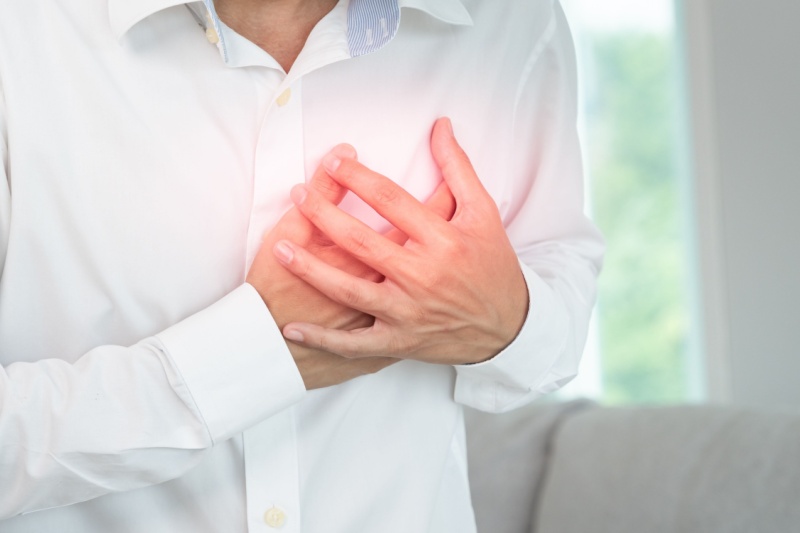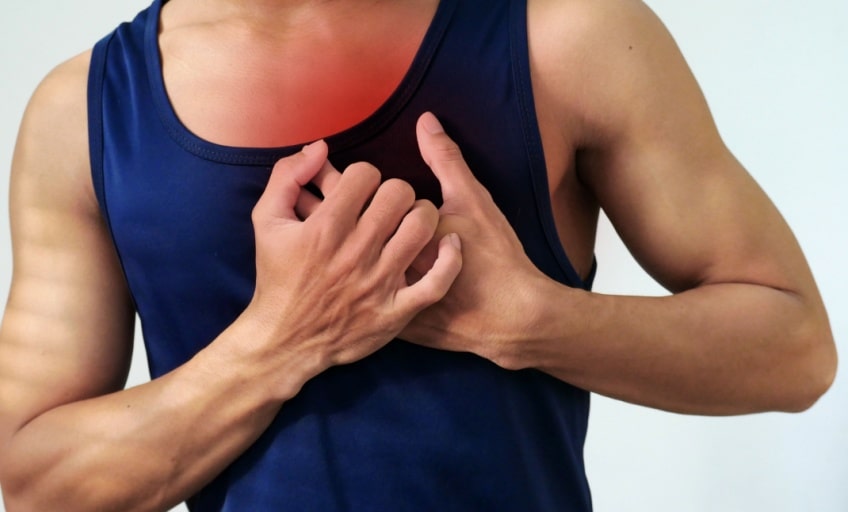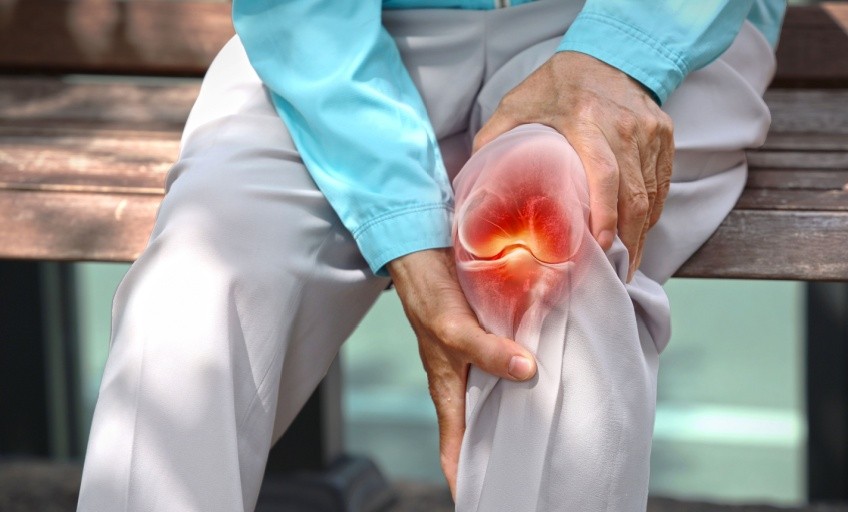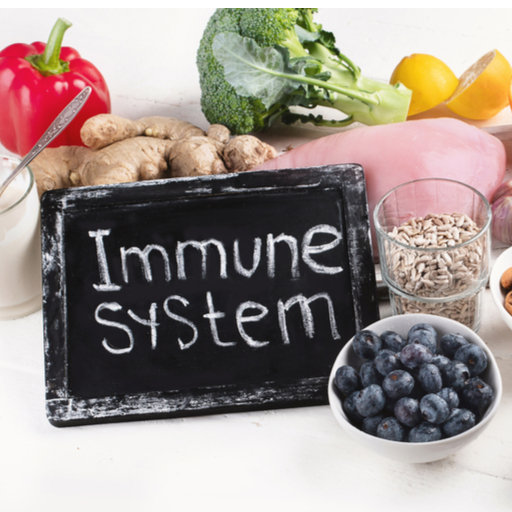It can be quite difficult at times to tell apart a heart attack from a heartburn. Heartburn and heart attack are two very different conditions but they can both cause chest pain. You may believe that a heart attack is going to be a dramatic, chest-clutching episode, but it isn’t always the same. Although both conditions can cause intense chest pain, there can be a few telling differences between the two.
What you need to know:
- Understanding heartburn and heart attack
- What is heartburn?
- Symptoms of heartburn
- What is a heart attack?
- Symptoms of heart attack
Understanding heartburn and heart attack
A heartburn may not always show after a heavy meal, and will quite often be a burning sensation. A heart attack on the other hand will mostly make the chest feel tight or heavy. In any case, a sudden onset of chest pain should not be ignored and must be met with immediate medical assistance, especially if you feel nausea or pain in other areas of the body like the shoulders. Pain due to heartburn or a heart attack may subside after a while but that’s no indication of improving circumstances. Hence seeing a medical professional in case of chest pain is always advisable.
What is heartburn?

Heartburn is not a disease but a symptom of acid reflux. Acid reflux occurs when stomach acid rises and enters the esophagus (the tube that carries food to the stomach) or the mouth. Heartburn is not a heart issue. It happens because, unlike the stomach tissues, the tissues in the esophagus are not meant to be exposed to stomach acid. The issue of heartburn originates from the stomach and esophagus and the chest bears the effect which is typically a burning sensation in the chest accompanied by moderate discomfort. However, heartburn should not be ignored, especially if it’s intense, as it may need medical assistance.
Symptoms of heartburn
Symptoms of heartburn are usually similar for most people. A heartburn is characterized by certain occurrences such as:
- A burning sensation in your chest and upper abdomen.
- Typically occurs after a meal, and may get aggravated while bending over or lying down.
- Belching, bloating, and discomfort in the abdomen.
- A sour taste in the mouth or nausea.
- It is usually relieved by antacids.
- May wake you up from sleep especially if there is little time between eating and going to bed.
- May be accompanied by regurgitation – the rising of small amounts of stomach contents to the back of your throat. This can cause persistent coughing due to the irritation caused by stomach acid.
A disciplined lifestyle and dietary changes can help you prevent heartburn.
What is a heart attack?

A heart attack or myocardial infarction occurs when the heart doesn’t receive enough oxygen due to restricted blood flow or if there is a block. During a heart attack, your heart cannot work to maintain the required amount of blood flow, which results in chest pain along with other symptoms. A typical heart attack may be characterized by a crushing pain in the chest, chest tightness, or chest heaviness along with difficulty breathing, and is often triggered by exertion. The symptoms of a heart attack vary from person to person. Multiple arteries supply blood to different parts of the heart. Symptoms can vary depending on which artery is affected. Additionally, the bodies of different people react differently to a heart attack, which may show different symptoms from patient to patient.
Symptoms of heart attack
Symptoms of heart attack may typically include:
- Chest pain that feels like squeezing, heaviness, tightness, fullness, pressure, or aching.
- Pain that goes away for some time and then comes back.
- Pain in the neck, jaw, shoulder, arms and back.
- Heartburn or abdominal pain.
- Difficulty breathing or shortness of breath.
- Lightheadedness, dizziness, or fainting.
- Fatigue
- Cold sweat
People often ignore heart attack symptoms, especially when it feels like a heartburn or the pain goes away for a while. In any case, chest pains must be looked at immediately to eliminate the possibility of serious situations or intervene timely.
Heartburn can be prevented by making lifestyle changes like eating slowly, avoiding spicy and greasy foods, etc. On the other hand, heart attack can be prevented by inculcating healthy habits like eating healthy, being active, managing stress, etc. While heartburn and heart attack can share similar symptoms, it is critical to understand the differences. Knowing how to distinguish between the two can be life-saving and impact your health positively.
Stay tuned to the Activ Living Community. Keep up to date with the latest health tips and trends through expert videos, podcasts, articles, and much more on nutrition, fitness, mindfulness, and lifestyle conditions like Asthma, Blood Pressure, Cholesterol, and Diabetes. Activ Living ke saath sahi sehat ki shuruat ABHI karo.
You may also be interested in the following blogs:
Popular Searches
How to lower blood pressure | Fruits good for liver | Unhealthy foods | Ragi Benefits | Basal Metabolic Rate | Acupressure points for High Blood Pressure | Ayurvedic medicine for blood pressure | How to control cholesterol at home | Homeopathy for Asthma | Biological Age | Home remedies for TB | Natural beta blockers | Negative effects of internet | Types of walking | Blood pressure calculator | Blood sugar calculator | BMI Calculator





 1800-270-7000
1800-270-7000











